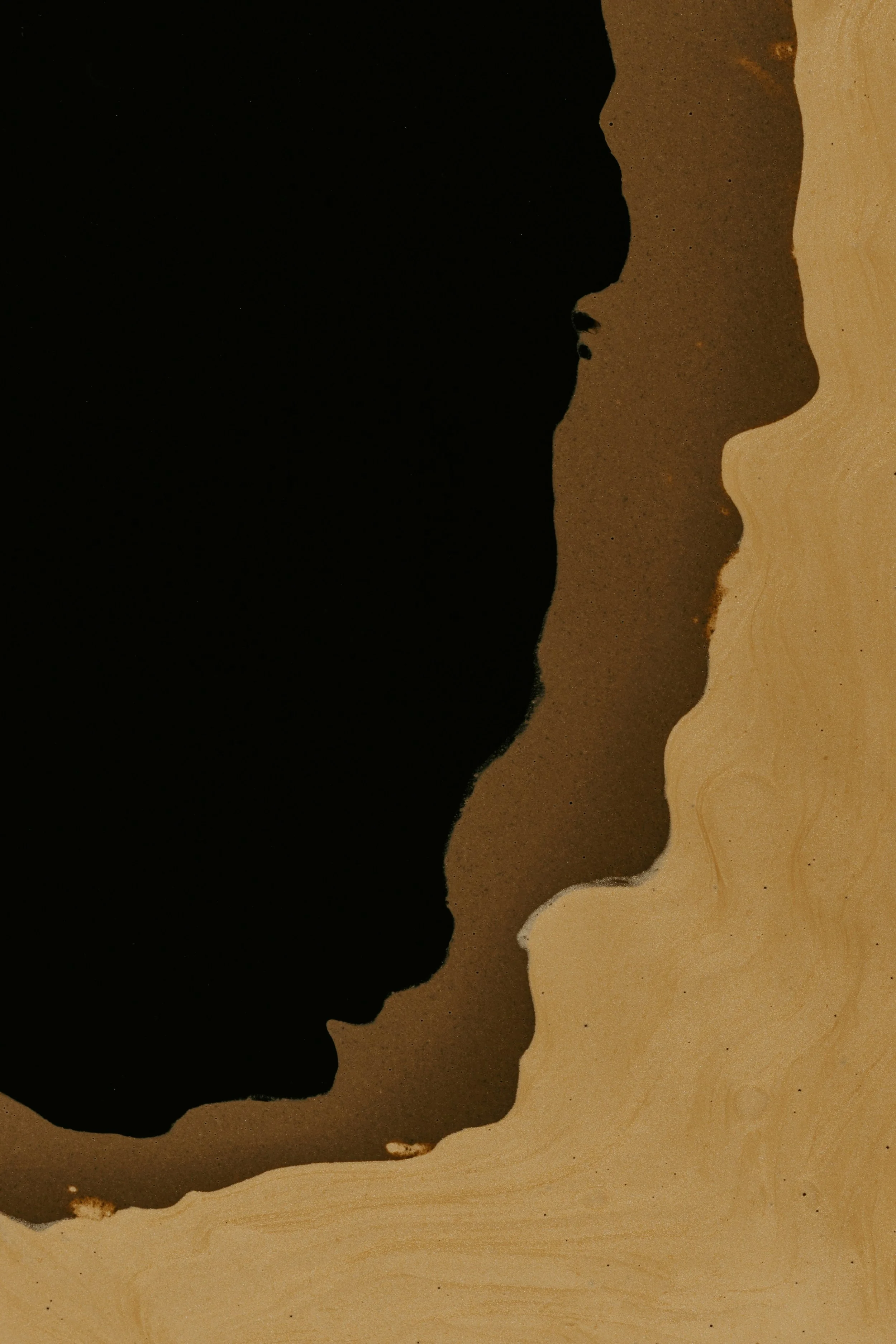Beyond quitting social media: our innate need for connection
In December 2018, I decided to part ways with Facebook, deleting my account and making a clean break. By December 2019, I was determined to extend this digital detox to Instagram and Twitter, committing to a full year without them. On January 1, 2020, I bid farewell on my Instagram account, only to find myself reopening it in March 2020 as the world grappled with the onset of Covid. I justified my return under the guise of needing connection and timely information during the lockdown, especially amidst the George Floyd movement.
While navigating the challenges of lockdown, Instagram was novel and actually helpful. However, as 2020 drew to a close, the familiar sense of unease from the end of 2019 resurfaced. That inner voice was back, urging me to step away from the social media machine. Since then, I've implemented quarterly social media blackouts, where I go completely offline for months at a time.
I am currently on a hiatus. Each time I take a break, the withdrawal cycle follows a familiar pattern. In the initial two weeks, my brain craves something to absorb, feed on, immerse itself in, and lose track of time. As this sensation wears off, a serene calmness takes over. I become more aware of my surroundings, appreciating the birds during my walks, effortlessly making my way through my reading list, and enjoying the music from my vinyl records. My living space becomes neater, and I often find myself lost in daydreams as time seems to slow down.
A few weeks before my self-imposed return date to Instagram, a yearning for the scroll life begins to surface. I find myself wondering about my friends' activities and realizing that I'm out of touch with the in-between moments of my adult children. The anticipation for an Instagram "hit" builds. However, upon my return to IG, I consume my feed with enthusiasm. A few weeks later, the fog from scrolling starts to set in, and I find myself yearning to retreat once again.
Why is this pattern true for me and others even though we all recognize the irony that there's often little "social" in social media nowadays. I won't delve into the detrimental effects of social media; instead, I want to steer this post toward a different conversation. I want to hold a conversation about the innate human desires social media might be satisfying. There must be something deeply ingrained in our humanity that draws us to these apps. Here's what I've been contemplating.
Historically, people have engaged in various forms of self-expression, from having their portraits drawn by artists to capturing moments in photographs. The desire to share these images with family and friends has always been a part of our human experience. So our photo updates on our little Instagram grids isn’t that novel.
Long-form letters, a time-honored tradition, have served as a means to convey a range of emotions and experiences. Whether sharing exciting news, celebrations, recipes, accounts of illness, expressions of sadness or loneliness, tales of new love, details of daily routines, observations, or offering advice – these letters have been a significant way of connecting. Now it’s pity captions on our feeds and “get ready with me” sessions.
Sending postcards with brief notes about our travels and insights was once the norm, fostering a sense of connection across distances.
Announcing significant life events, such as weddings, engagements, deaths, or births, through newspaper ads, has been a longstanding practice.
Sharing newspaper clippings and quotes from books was a common way of passing along interesting information and perspectives.
Exchanging mixtapes or burned CDs as a thoughtful way to share favorite music with friends and loved ones.
Participating in pen pal programs to establish connections with people from different parts of the world through handwritten letters.
Leaving notes or messages on bulletin boards or community spaces to communicate with neighbors or local communities.
Attending community events or fairs to learn about new products, services, and innovations firsthand.
These practices highlight various ways humans have historically expressed themselves, connected with others, and stayed informed. It emphasizes the many different forms of communication and connection before the digital age.
Today, we use social media to accomplish all of the above from one small device, our phones. At its core, social media isn't a bad thing. It demonstrates that we are social creatures, a characteristic ingrained in us since time immemorial. Throughout history, we've always had a desire to share ourselves with others and have been intrigued by the lives of those around us. This, I believe, is why quitting social media can be challenging. Fundamentally, we need these modes of communication; they satisfy a crucial aspect of our social needs. Without them, we risk experiencing loneliness, a condition linked to early mortality, as substantiated by clear research.
So, the question for me extends beyond simply quitting social media. There's a deeper inquiry: What are the analog alternatives that fulfill our innate need for connections and various forms of communication? Can analog practices help with our social media withdrawal patterns so we can quit it for good?
We have to explore these questions. Our inherent human desire for connection and sharing cannot be ignored or willed away. How do we address this dilemma? While I don’t have all the answers, in an upcoming blog post, I'm sharing some specific things I am doing/want to do to help diversify my modes of connection and communication. Stay with me on this one. It’s top of mind for me.



